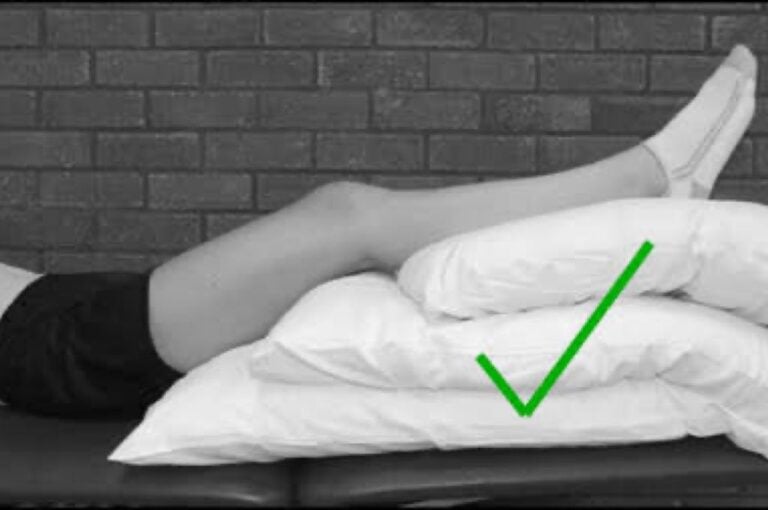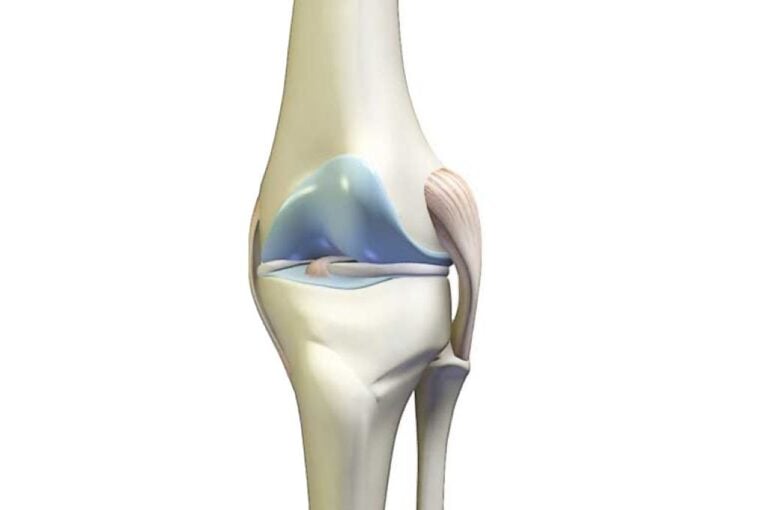Many patients are eager to know when they can return to work and resume their normal activities after knee replacement surgery. While the desire for a speedy recovery is nearly universal among patients, less understood and appreciated is the value of recovery time itself. Provided a patient’s recovery is uncomplicated, patients can return to office or similar light work at six weeks. Return to work should be phased, however, with three half-days in the first week, two full days in the second week, five half-days in the third week, and full-time by week four.
Recovery from knee replacement surgery takes a minimum of three months, but most likely six. A full recovery can take around eight to ten months. The degree of improvement during rehabilitation often depends on the strength of your body before surgery, your body weight, and your ability to manage pain. Other variables that factor into recovery time include the type of surgery and the age of the patient.
If you want to return to work as soon as possible, recognize physical therapy as your number one aim. The exercises that are given to you by a post-op specialist will help lay the foundation for a successful and speedy recovery. You will still find yourself with lots of downtime, but it is important to give your body the rest it needs. Within a few weeks, most patients can resume their normal daily activities.
Driving is often a question among patients who undergo knee replacement surgery. Because every individual will recover at a different rate, it is hard to pinpoint the exact time before you will be able to use a vehicle. To drive again, you must have regained your normal strength and reflexes and you can no longer be on narcotics or other pain medications. A good rule of thumb is to ask your doctor when you should be able to drive. Most doctors recommend about six weeks.
Your ability to return to work depends on your job requirements. Patients with physically demanding jobs are often out of work for three to six months. Patients who hold desk jobs or administrative positions may return to work within six weeks, but this is the minimum. Going back to work too soon hinders long term recovery. Your pain needs to be at a manageable level and you should be able to get around independently. Under these criteria, most patients are able to return to work within the one to two month period.
Here is what some of the patients at the BoneSmart.org knee replacement forum are saying about their recoveries:
“5 weeks post TKR today and things going very well. Walking without crutches or cane, driving again (although 30 mins is about as much as I can do at the moment). ROM Aproaching 120 degrees. The exercise bike is fantastic . . . I would have been lost without it. Doing 2 X 30 mins sessions a day on it and lowering the saddle height about every 4 -5 days. Really feel much stronger so back to work on the 23rd . . Thank God!”
“With having both knees replaced at the same time, the legs recovered equally and in a reasonable amount of time. I was back 9 weeks post op from BTKR, working full time on my own (without the help of another person) caring for 6 preschool children. I operate a licensed family child-care in my home. I did have 9 children (6 preschool age children and 3 school age children) enrolled 12 days post op with the help of one of the parents who is a teacher and was off for the summer months. She stayed with me for 7 weeks during the summer running my business as I rested and did PT and rode my stationary bike.”
In cases of extreme pain or stiffness, patients may want to delay return to full time work. Rehabilitation, recovery, and return to work should not be rushed, but instead done in accordance with a doctor’s or post-op specialist’s instructions.






